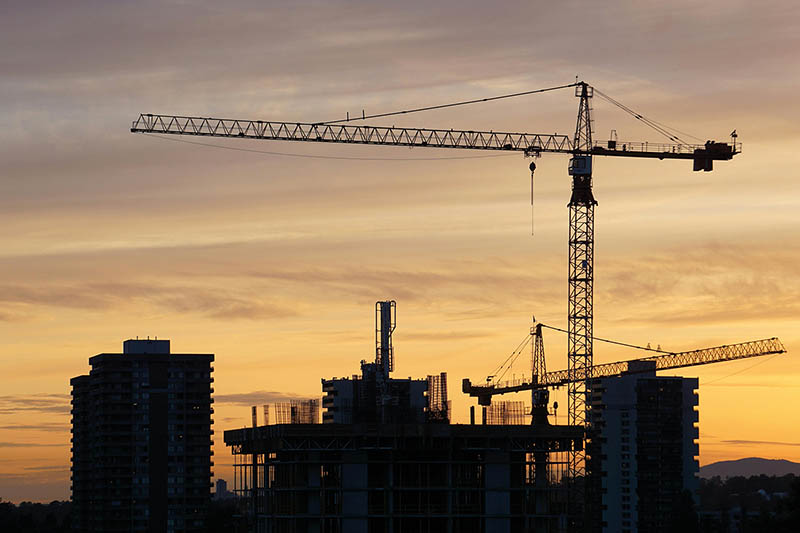 The COVID-19 pandemic has had a profound and lasting impact on the construction industry, disrupting timelines, inflating costs and introducing unprecedented risk management challenges.
The COVID-19 pandemic has had a profound and lasting impact on the construction industry, disrupting timelines, inflating costs and introducing unprecedented risk management challenges.
Architects and engineers have been at the forefront of addressing those challenges, particularly in projects involving specialist accommodation, complex infrastructure or historic buildings. In parallel, legal teams and insurers have increasingly turned to expert witnesses to provide independent assessments of delays, costs and associated risks, ensuring clarity and fairness in contract disputes or claims arising from the pandemic.
In disputes arising from COVID-19-related delays, expert witnesses have played a vital role. Legal teams frequently instruct construction, engineering and cost management specialists to provide independent evaluations of project delays, financial losses and compliance with contractual obligations.
Expert witnesses can assess whether delays were genuinely attributable to COVID-19, whether the impact on costs was reasonable and whether any mitigation measures were appropriate. Their analysis is often relied upon in settlement negotiations, adjudications and court proceedings, providing impartial, technically robust evidence that assists parties in reaching fair outcomes.
The instruction of expert witnesses requires careful consideration. Legal teams typically engage experts early in the dispute process to advise on the viability of claims, support negotiation strategies and prepare comprehensive reports. For projects with specialist accommodation or complex engineering requirements, multi-disciplinary experts – including architects, engineers and cost consultants – may be necessary to provide a full assessment of technical, financial and operational factors.
Speaking in 2022, Dev Amratia, CEO of data analysts nPlan, commented: “In construction, as in so many other sectors and areas of public life, the pandemic hasn’t just created new problems; it has highlighted and exacerbated existing problems – in this case the costly project overruns which are endemic to the industry. Because this issue was not dealt with before the pandemic, we are now in a situation where projects have suddenly become much riskier.
“This will pile pressure on contractors and may mean clients bring forward fewer projects. On the other hand, the salience the pandemic has given this issue means we now have an unparalleled opportunity to get better at anticipating and preventing project overruns using advanced forecasting and risk management techniques.”